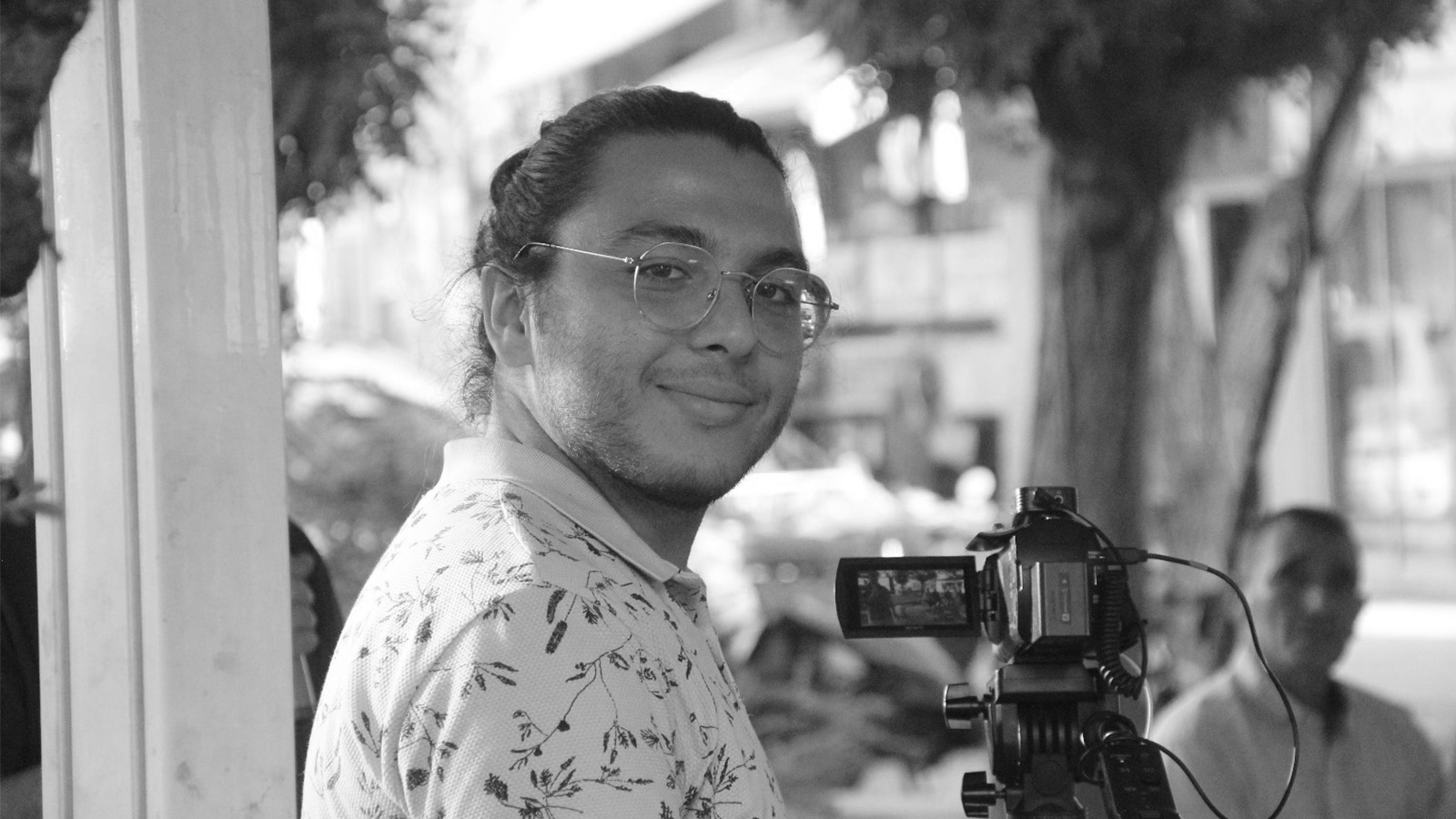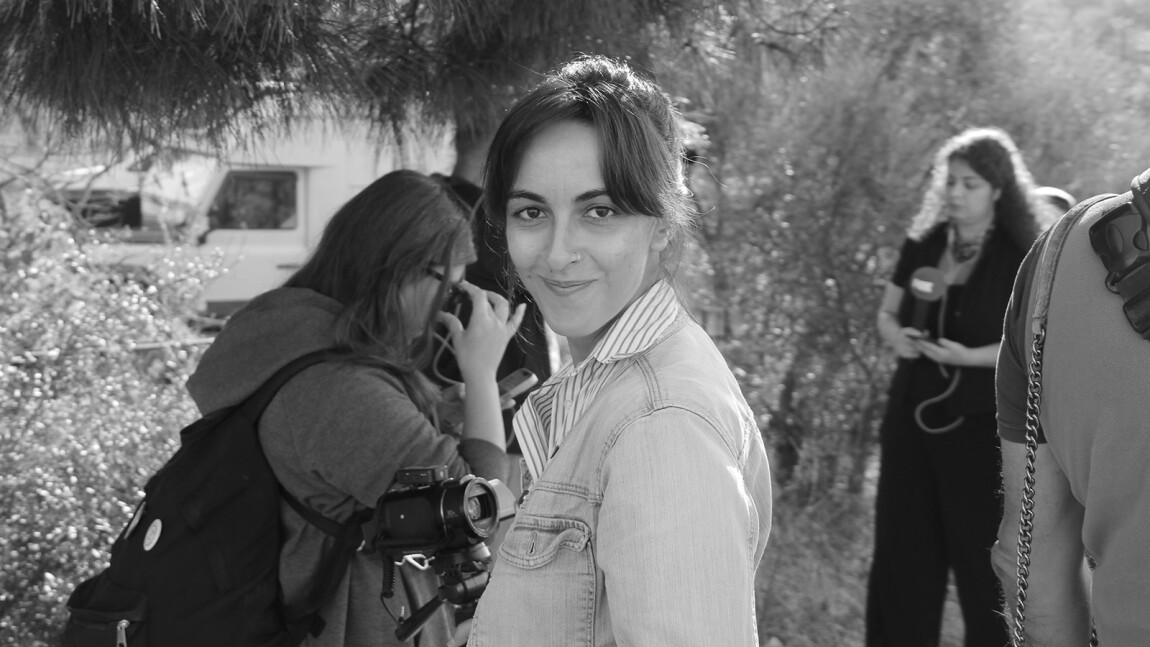
“As young journalists, we wanted to provide independent rights-based reporting in our own community. There is not enough information from the provinces at a national level,” says Burak Necip Başar, editor-in-chief at Gündem Fethiye, a local media platform in his native province of Muğla in southwest Turkey.
Gündem Fethiye’s founding team of four journalists were all recent graduates and reporters in Istanbul when they decided to set up the media outlet in 2021, initially as a voluntary effort. They published in-depth articles on ecological issues, corporate and government violations of zoning and ecological regulations and gender issues, that were then picked up by other media outlets. EED support enabled the nascent media to professionalise.
Today, Gündem Fethiye is an important source of information in Muğla, a highly touristic region where vital economic and ecological issues have typically been ignored by other media. In recent years, the region has experienced various ecological disasters, including huge forest fires that are evidence of the government’s policies of prioritising real estate and tourism development over ecological preservation.
As the region’s only fully independent media, Gündem Fethiye is also playing an important role in helping local communities mobilise around important problems.
Over the past three years, the newsroom has focused on community violence, femicide, and other human rights violations that are not mentioned in the national media, and that, as Burak notes, the local authorities do not want covered in the media.
“We try to create content to address key issues, such as our stories about femicide or ecocide. These interventions help move public discussions in a more optimistic direction. We can see that communities are interested in our journalism and are open to learn from it,” says Hülya Çetinkaya, the media’s head of news and general coordinator.
To date, the team have reported on various important environmental crimes and infrastructural issues, many of which have long been unresolved. They have written about the issue of inaccessible coastlines, blocked due to illegal occupation and the tourism industry.
Other topics covered included addressing the consequences of three thermal power plants in the area and their environmental impact and the potential destruction of local ecosystems.
The team has been instrumental in reporting on the felling of trees in the Akbelen Forest, which used to cover 740 hectares in the Muğla province. Located in an area near coal mines and coal-fired power plants operated by a government-linked energy company, most of the forest was cut down in 2023 to expand the mines despite public protests.
“People don’t understand the consequences of losing the Akbelen Forest,” Burak says. “Our duty as a media organisation is to ensure that our readers, the people affected by these attacks, and the public in general have access to accurate information, so that they know the impact of this deforestation.”
Explaining the media’s approach Burak says: “We go to the source of the ecological struggles in Muğla and report on them. We have created a large news network.”

When the journalists started their work in Fethiye, they focused on establishing trust with the readers, who typically have little trust in journalists, as they often do not know who funds media outlets.
They admit that the public was sceptical at first. “There were a lot of questions such as ‘Why do you do this? Who is your owner?’ We explained that we don’t have an owner, and we are an independent, rights-based alternative local media organization,” says Hülya.
They explain that regional independent media face constant financial and political pressures and advertisers often dictate editorial decisions.
“One of the most important issues we reported on was a lawsuit against the construction of a cement factory,” says Hülya. “We followed the litigation process, and we listened to what the scientists and villagers were saying. While covering this, we got offers such as “Let us advertise with you, so don't make news about this cement factory.”
Gündem Fethiye are determined to remain independent, and they credit the EED grant in enabling them to safeguard this independence and to ensure they can continue to provide high quality journalism for local communities.
“Our goal is to produce quality news without being dependent on any capital group or political formation,” he says.
“We hope that Gündem Fethiye will set an example for young journalists who might want to go back and work in their localities. This is the kind of contribution we can make to Turkey's independent, polyphonic media environment,” he says.
This article reflects the views of the grantees featured and does not necessarily represent the official opinion of the EED.